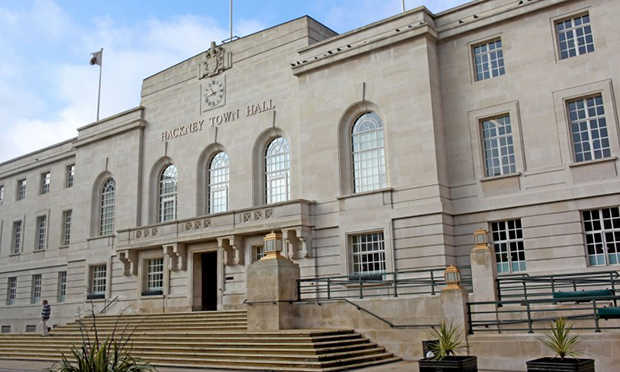Council set to convert Dalston hostel into temporary homes to help tackle ‘severe housing crisis’

Hackney Council could be set to transform a hostel into temporary homes for up to 70 people as it struggles with a “severe housing crisis”.
The Town Hall has more than 3,000 residents in temporary accommodation and has seen the number housed outside the area soar by 281 per cent in the last eight years.
Overall, 9,000 families are on Hackney’s housing waiting list, but the number of available homes is dropping – with only 409 lets in the year before the pandemic.
The borough had housed 1,140 families outside the area by October 2021. That number stood at 293 in 2014.
At the same time, the price of property is soaring in Hackney, putting it out of reach for many people.
The council wants to take on the lease for Cape House in Dalston, which it already uses for emergency accommodation for people caught up in the housing crisis.
The former police station currently has beds for 117 people.
The council wants to turn it into 70 single units, including two for people with disabilities.
Hackney’s cabinet is expected to agree with the council taking on the lease when it meets on Monday.
A report by the Town Hall’s senior asset manager for strategic property services David Borrell said that although Hackney has the largest stock of temporary hostel spaces in London, it is “inadequate to meet the level of demand”.
He added: “This has forced us to make difficult decisions. We know that local support networks are very important to residents, especially at times of stress, and we try to place them within Hackney.”
The number of single people at risk of homelessness asking for help had gone up 19 per cent last October compared with autumn 2018.
The council has seen its spending on temporary accommodation rise from £7.3m in 2017/18 to £12.7m in 2020/21.
Borrell said: “By acquiring these properties and adding them to our hostel
portfolio, we increase the housing opportunities that the council can provide
and consequently the number of people who could benefit.”
